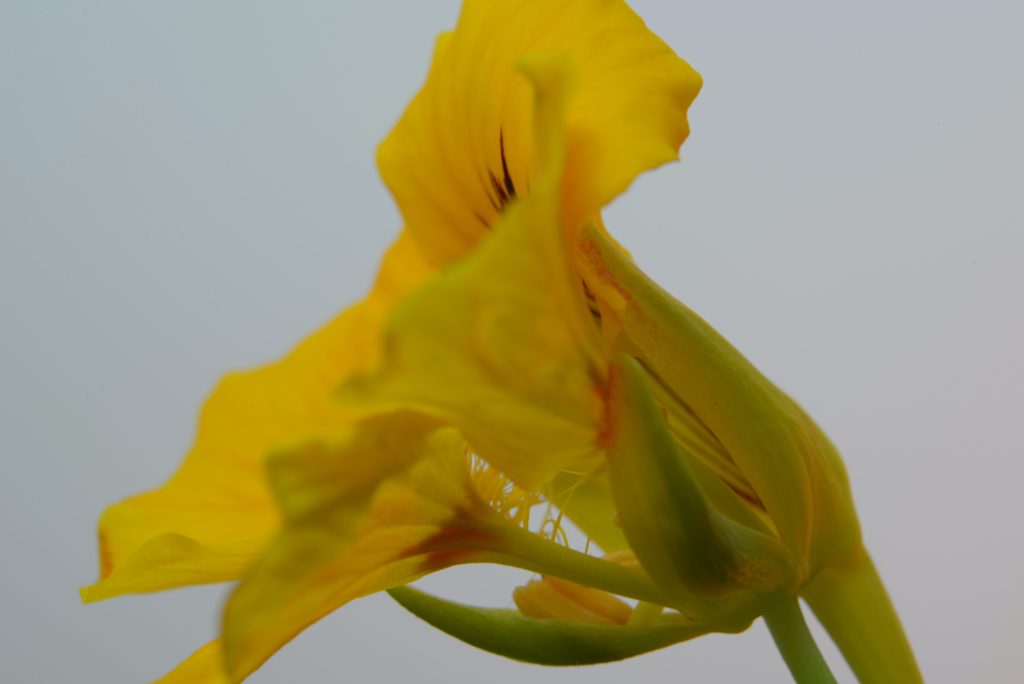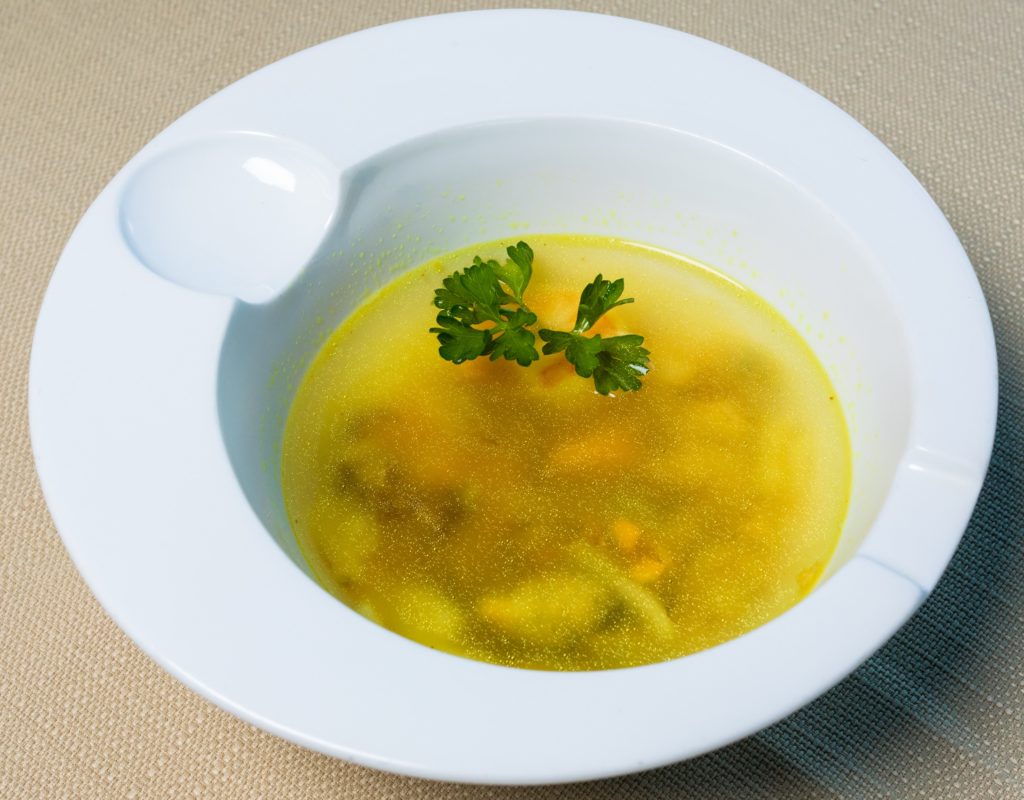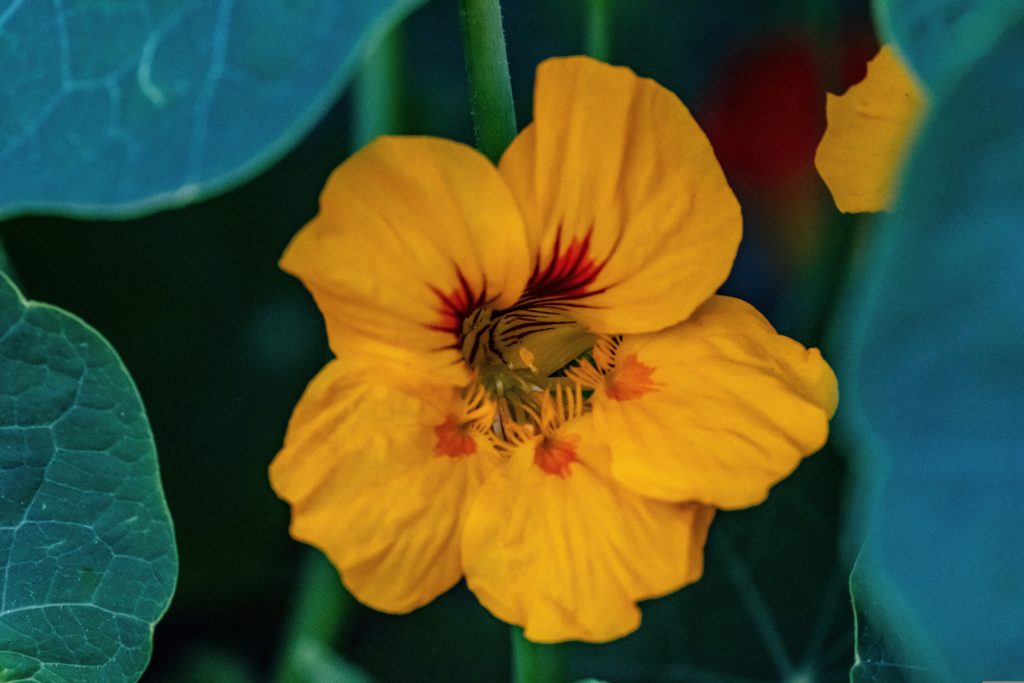Did you know that nasturtiums offer a host of health benefits? This colorful flower is not only beautiful to look at, but it also has medicinal properties. Nasturtiums are high in antioxidants, vitamins, and minerals, making them a great addition to your diet. In this article, we will discuss the health benefits of nasturtiums and how you can add them to your diet.
Nasturtium (Tropaeolum majus) is a flowering plant in the family Tropaeolaceae. The plant grows to a height of 20-100 cm and has orange, yellow, or red flowers. Nasturtiums are native to South America but have been introduced to other parts of the world, including Europe and North America.
Nasturtiums are grown as ornamental plants and have a long history of use in traditional medicine. It also contains natural antibiotic properties. The nasturtium flowers, leaves, and seeds of the nasturtium plants are used to make teas, tinctures, and ointments. Nasturtium is also used in salads and as a garnish.

Nasturtiums are a good source of vitamins C and A, as well as iron, magnesium, potassium, and manganese. Here are some of the health benefits associated with nasturtiums:
Vitamin C is a powerful antioxidant that helps to boost the immune system. Nasturtiums are also rich in beta-carotene, which is converted into vitamin A in the body and is essential for a healthy immune system.
The high levels of vitamin C in nasturtiums make them effective at preventing respiratory infections.
Nasturtiums contain compounds that have anti-inflammatory properties. This can help to reduce the symptoms of conditions like arthritis and asthma.

Nasturtiums are a good source of fiber, which is essential for a healthy digestive system. The plant also contains compounds that can help to relieve stomach pain and diarrhea.
Nasturtiums have been used traditionally to promote wound healing. The plant’s natural antibacterial properties help to prevent infection, while the compounds in nasturtiums stimulate the production of collagen, which is essential for healthy skin.
If you suffer from hay fever, nasturtiums may be able to help. The plant contains compounds that can help to reduce the symptoms of hay fever, such as sneezing and watery eyes. Nasturtium flower or tincture is a popular home remedy for hay fever.
Nasturtiums can also be used topically to improve the health of your skin and hair. The plant’s antibacterial properties make it an effective treatment for acne, while the antioxidants in nasturtiums help to protect the skin from damage caused by free radicals. Nasturtiums can also be used to promote hair growth and prevent dandruff.
The anti-inflammatory properties of nasturtiums make them effective at relieving muscle pain. Nasturtium ointment can be massaged into the affected area to reduce pain and swelling.
Nasturtiums can also be used to treat cuts and scrapes. The plant’s antibacterial properties help to prevent infection, while the compounds in nasturtiums stimulate the production of collagen, which is essential for healthy skin.
Nasturtiums are a good source of folate, which is essential for pregnant women. The plant also contains compounds that can help to relieve morning sickness and nausea.
Nasturtiums have a calming effect on the nervous system. The plant’s compounds can help to reduce anxiety and stress levels. Nasturtium tea is a popular home remedy for anxiety and insomnia.
As you can see, nasturtiums offer a wide range of health benefits. It is also the best remedy to treat urinary tract infections. Nasturtium leaves are also used on wounds and on bacterial and fungal infections, working as a strong antiseptic. If you’re looking for a natural way to improve your health, nasturtium medicinal may be worth considering.

Nasturtiums can be added to your diet in a variety of ways. The leaves and flowers can be used to make tea, or they can be added to salads. Nasturtiums can also be used as a garnish on dishes such as soup or fish. Nasturtium has a mildly peppery flavor and a mustard-like aroma. If you can’t find fresh nasturtiums, they are also available in supplement form.
Nasturtiums are versatile plants with a wide range of health benefits. If you’re looking for a natural way to boost your immune system, improve your skin, or just add some flavor to your food, nasturtiums may be worth considering. You can also plant nasturtiums in dry, poor soil and thrive in both sun and shade where other flowers and vegetables would fail.
Articles You Might Enjoy Reading